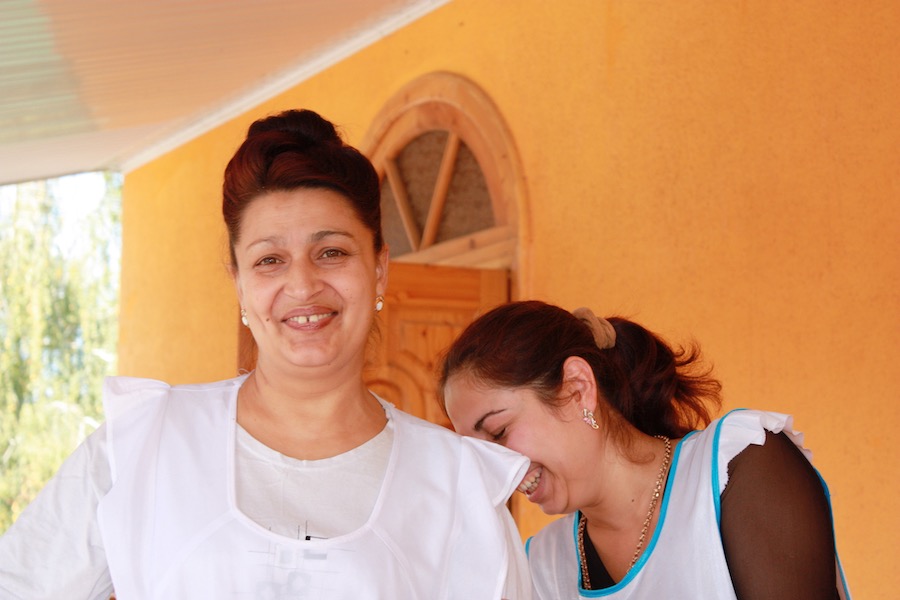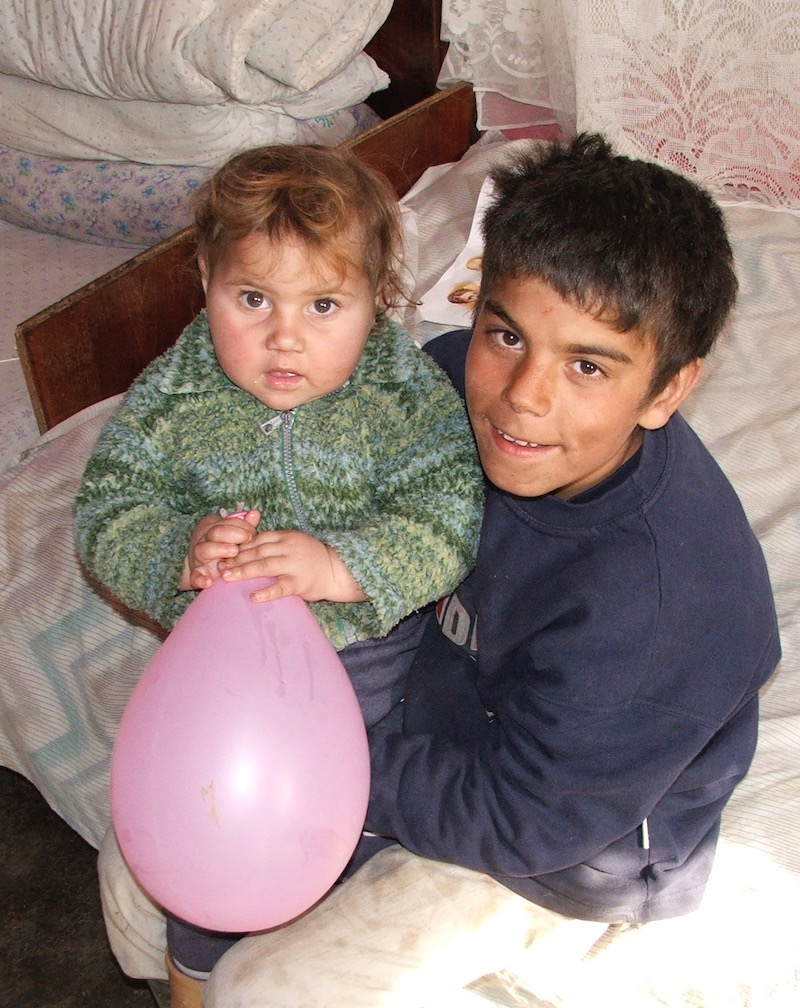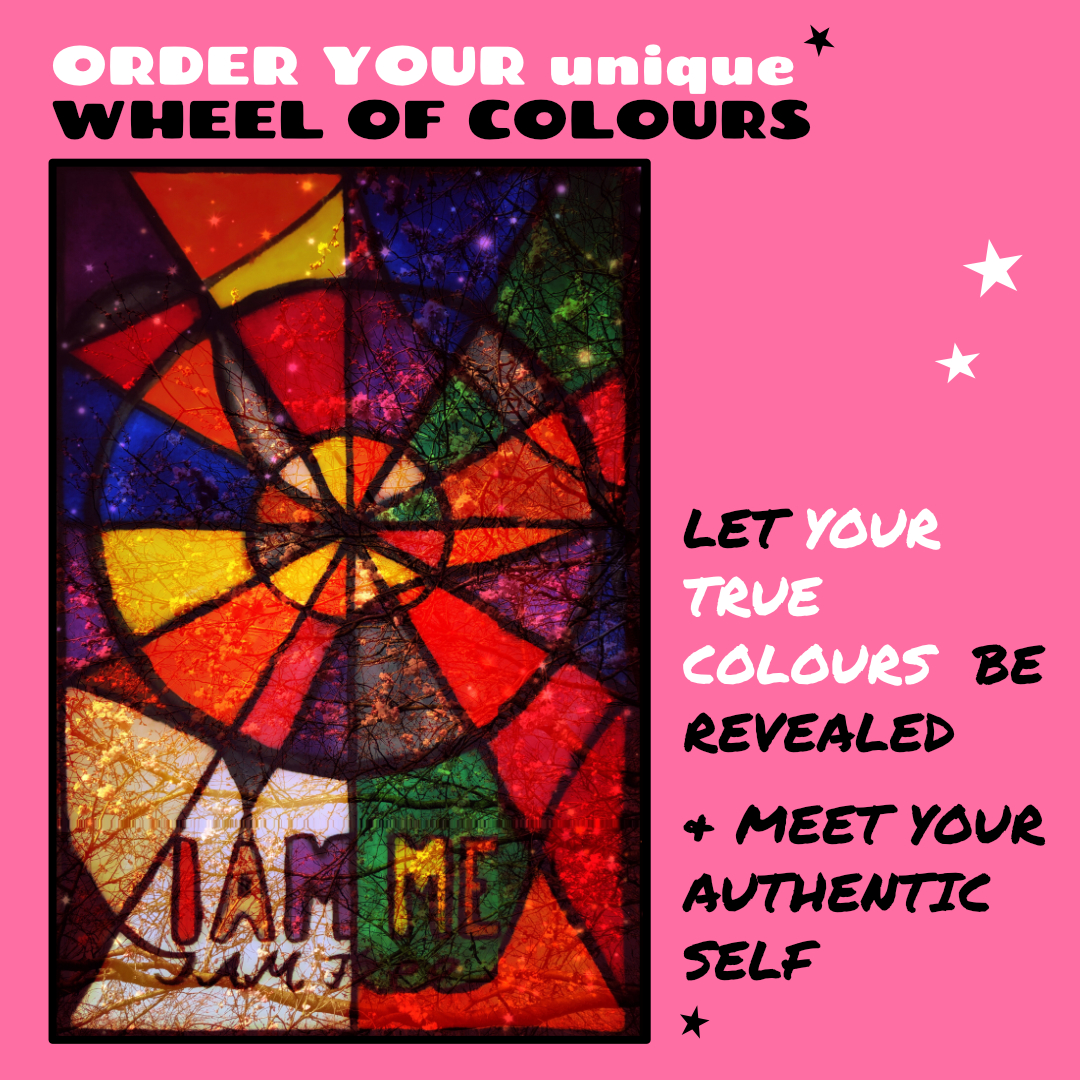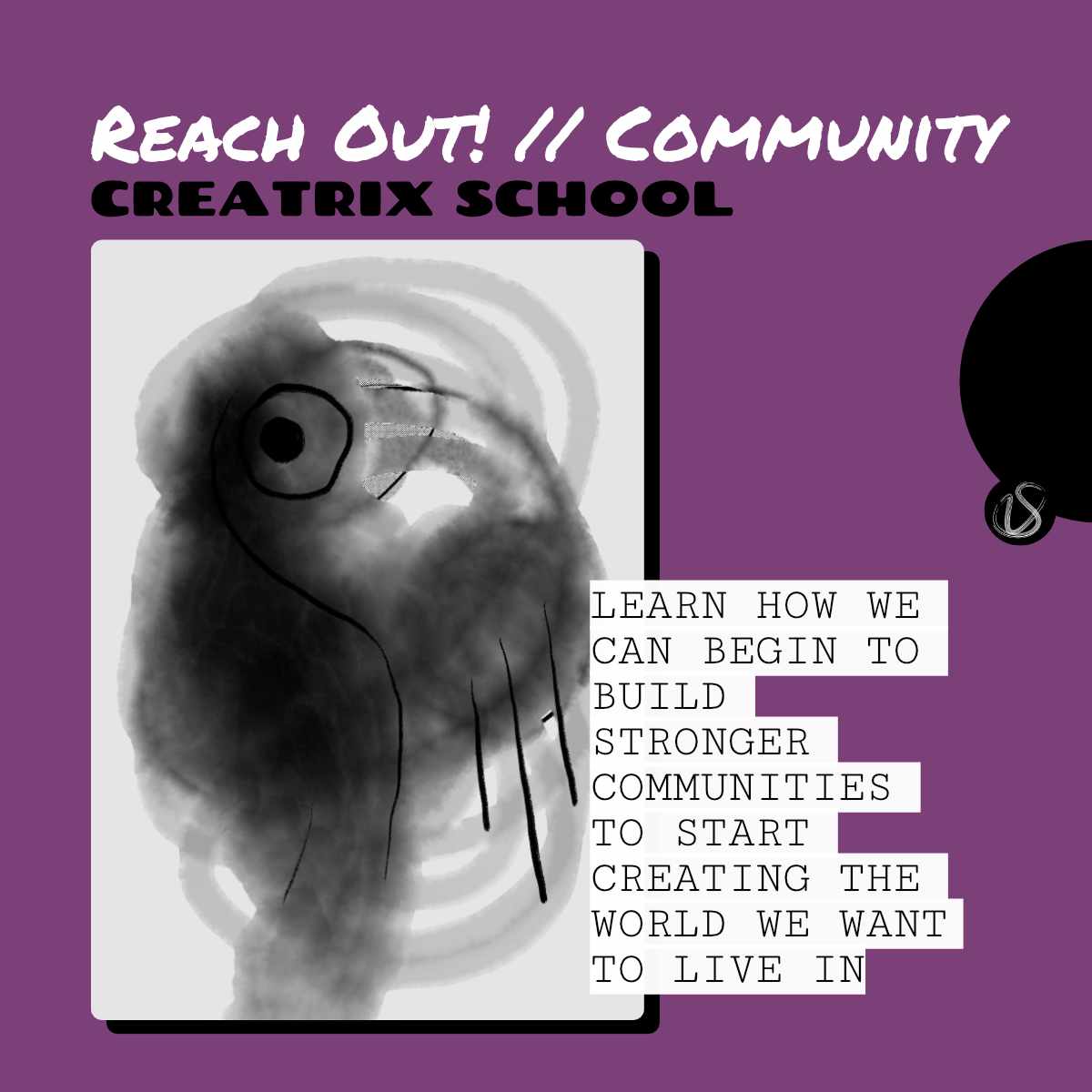Photo taken at the remnants of the Synagogue in Lviv in 2005
Dear Future Self,
Ever since Russia started attacking Ukraine, we’ve all been in shock. Now they are talking about not supporting Ukrainians as there might be neo-Nazis in Ukraine.
I can’t wait to hear from you about all the good that came out of this because right now, I’m scared, and sad and it’s no joy to know that so many people are suffering.
I’ll share some of my thoughts here, in the hopes that they bring some understanding to those, who know this area less than me.
Neo-Nazis in Ukraine
TW: murder, rape, racism
It’s a scary feeling to have a war so close to home, something that I never hoped to experience. As a sensitive child who has heard many horrible stories about the first two world wars from my great-grandma and my grandparents, it was always my biggest fear.
I still remember the panic I had when I saw submarines practising in the Baltic Sea in the nineties when the war was going on in Yugoslavia and how I couldn’t stop crying. And how my Mum kept saying that it wasn’t here, that they’re not fighting here, but how I was unable to feel that separation.
As a German, I felt that I was not allowed to have too many feelings other than guilt and shame about WWII in particular. The sentiment always reminded me a bit of church – as if we were born sinners and have to prove our anti anti-Semitism with every breath we take. And a lot of work has been done in German schools to educate us about the horrors, of which our grandparents would rarely speak.
So much so, that I only learned about the other parts of the world that were affected by WWII when I went to High School in the US for a semester. Yet, I’m grateful for this being such a dominant part of our education and I do feel called to action and to stand up so that this will never happen here again.
But back to the neo-Nazis in Ukraine. I started working on this text in the first week, when Russia had just attacked Ukraine and people seemed to be wondering about the neo-Nazi aspect of the war in Ukraine, voices that have become more silent in the last few weeks.
One of the most unsettling experiences that I had in Ukraine repeatedly, was when strangers, after learning that I was German, said: Oh, it’s so sad that Hitler lost the war; otherwise we would be brothers and sisters now and this would all be Germany.
This came from people of all age groups and left me speechless every single time. For a German, this was an unthinkable statement. Such a taboo.
Ukrainians said this, Hungarians and even Roma people, who’s parents and grandparents survived concentration camps under the Nazi regime.
But they and their families also suffered under the Russians and the Ukrainians.
I remember a colleague, who ran a (Roma-themed) restaurant in Uzhhorod, telling me about something his father experienced in WWII, when a group of military people in uniform came to the restaurant to eat.
His father, who was a musician, was picked up by the Russians after/during WWII, together with some other musicians and they were asked to play some songs. This was most likely after the Germans had lost the war, some of them might have just returned from concentration camps, times were surely very uncertain.
The soldiers took them to the place where they were staying and kept calling them ‚molodzi‘ which in Russian is a compliment, but in Hungarian, their native language, ‚molodz‘ (malac) means pig. The whole time they were playing, they had no idea whether they were going to live or die, once they stopped.
He was treating and serving his guests with a smile, but you could sense his tension.
At the Roma Restaurant in Uzhhorod 2008 ↑ →
I have so many stories like this. Visiting a Roma family in Odessa, they worked hard, had two businesses and had a big house, cars, everything.
But they also said: I sit here and smile at you, but I know that any second a police officer could come in and take all of this. We have nothing, no security.
People worked on construction sites for a month or two, and when they asked to get paid, the owner pulled his gun out and chased them away, knowing that no one will come for him.
I’ve translated so many stories of Human Rights violations. Roma getting arrested and humiliated by the Ukrainian police, the police going into a settlement after something somewhere was stolen and arresting a bunch of Roma people, saying when the ones who did steal will come forward they will release those that they’ve arrested.
Roma children not being allowed to enrol in schools because the teachers didn’t think they would be able to learn. Luckily, these days there are people fighting for their rights, at least to go to school, but it’s so new too.
When the Soviet Union was formed, each regional government in Transcarpathia got money to integrate minorities like the Roma. There was so much documentation that they used that money to buy train tickets and tried to just convince them to go elsewhere.
When I first went to live in Ukraine in the autumn of 2000, the children of the Roma settlement in the village had not been in school since the fall of the Soviet Union.
Few people knew how to read and write. It’s wonderful to see how much has changed in a way since then, and how that school has enabled people to have different careers than the previous generations. Yet, the racism remains.
I will never forget the day I walked into a café in Uzhhorod with a Roma girl I knew since she was a baby, and how the waitress tried to shoo her out of the café like a dog. I grabbed her hand and was horrified.
When the waitress saw that, she apologized, but still. Looking back, we should have left right then, but I was just too shocked at that moment.
In the last year in Uzhhorod I broke off all contact with Ukrainians, apart from two, and to most Hungarians because I just couldn’t handle the racism when it came to Roma people.
Even the most gentle people, even the ones who were married to people fighting for the rights of Roma.
I stopped writing this text at this point because I have all these stories of despair, but I also see a country in war. People fighting to protect themselves with everything and every strength that they have. And I applaud the bravery. I’ve seen so much strength and so much mastery and inventiveness in Ukraine. People really knew and know how to make everything out of nothing.
I do not want to distract from that. With all my heart, I hope that this war will be won by Ukraine and that the will of the brave people in Ukraine will be strong enough to overcome all obstacles. I really do see miracles happening there.
But at the same time, I see all these experiences I had in Ukraine come up as well. If there is one thing I have learned from my own history in Germany, it is that nothing is black and white.
I can have grandparents who were loving and joyful and creative and funny, who also supported a horrible war. And who suffered the rest of their lives for it, in one way or another.
In Odesa a Ukrainian couple approached me in a bar, they said that in 2009 they’re still celebrating the win over the Germans in WWII every year and that they still get taught that Germans are fascists and the enemy. Something that you can see in Putin’s propaganda right now as well.
They just wanted to say hi and tell us that they had nothing against us but hoped that these ideas about people being enemies might be overcome someday. There are always some that see beyond what you’re trying to tell them, no matter which side they are on.
The Ukrainian Freedom fighters fought alongside the German Nazis against the Russians. Friendships were formed, I’ve heard it again and again: Hitler might have been crazy, but the German soldiers were our comrades.
After the war was lost, a lot of the Ukrainians who fought for a free Ukraine were deported into Stalin’s camps in Siberia. They showed me their torn and crumpled fingers and their scars.
People who live in different parts of Ukraine have very different experiences, depending on which side they were fighting on then and who’s stories were told to them after.
The Roma again were tortured by the German and the Russian soldiers and are tortured by Ukrainians today. Who’s the least evil depends on personal experiences, I guess.
We went to visit a synagogue, I’ll have to look up where exactly, that actually survived the Germans and Ukrainians in WWII and was then burned down by the Russians on their way back.
I met another Roma musician, who when I asked him to play something, played all the German songs that he had learned in the concentration camp for me.
His family, who was in the room with us, tried to ask him to play traditional Roma songs, but it’s just what he did when he saw a German. <3
↑ Dávid with his sister in 2006. He was murdered by neo-Nazis in 2018.
← Gabi Bátya, who survived WWII, playing the violin in 2006
Just three years ago, a bunch of Ukrainian neo-Nazis entered a Roma encampment in Lviv, armed with knives, and killed a kid I knew since he was five. They stabbed him to death, his partner and others were injured.
I spoke with younger Ukrainians, the ones who critically question and talk about history and who think that there’s not enough education about the history of WWII, as well as those who tried to convince me to become a Nazi, so we can be united again as an international Nazi community. (!)
The later ones, the actual neo-Nazis in Ukraine, told me how they are very well-connected with neo-Nazis in Germany and in other countries, and how we Germans need to protect ourselves against the people migrating to Germany because they are going to harm our women. I do wonder what they say now that their women and children are migrants here…
I have seen so much beauty in Ukraine, but also so much tragedy. It’s such a brutal country, as well.
The safety and the security I’m used to feeling in the West, seemed inconceivable there. You were on your own, with no one to take your life seriously. At the same time, people were also helping each other out without a question, giving strangers a ride. Inviting us into their houses. A strange combination.
I’ve never seen more violence and aggression against women than in Ukraine, and the fact that in 2022 only women and children are allowed to leave the country, putting trans women and Roma men at high risk in the country, says a lot about the idea of gender roles too. I’ve also met so many incredible and strong women and LGBT rights activists and artists and wonderful people in Ukraine.
Yet as a woman, I would never want to be alone in a room with a man in Ukraine. Or on the street by myself at night.
I was in a bar with friends, one female friend left earlier by herself that night and got raped on her way home because somebody followed her from the bar.
Somebody broke into my house to ‚come for me‘. He was a stranger I had never seen before. He felt invited to break the windows to enter the house, and surprised me in the bedroom because he saw me take my puppy out to pee in the middle of the night. I’m still so grateful I was not alone in the house that night, like most nights.
Another volunteer got raped on the street while she was in Ukraine. Another one tried to commit suicide, during her service there.
As a woman you can’t light a man’s cigarette, you may not carry heavy items when a man is present (even when he has back trouble and you’re perfectly able to), sometimes you can’t even open the door for yourself.
This situation is so complex, and the only thing that is easy to say is that no state should try to attack another, and send their soldiers off to fight in a war, they barely know anything about.
I remember a picture of my great grandpa who was taken of him as a young boy, 15 maybe, before he was sent off to fight in China. The picture was taken under a sign that read: “Who knows if we will see each other again!” Just a couple of years ago, I thought that a situation like this would be impossible to happen again, yet it did.
In many ways, being in Ukraine was also a relief because there, everything was out in the open.
People were acting in racist and sexist ways, but at least they did it openly. People in Germany act in these ways too, but they are not even acknowledging it, deflecting, saying: oh look, over there.
The hardships minorities from Ukraine are going through, right now, not just in Ukraine, but in Europe makes me speechless as well. In a way, it felt somewhat easier to think of my fellow Germans and Western Europeans as pretty heartless when it came to the suffering of others in general than seeing the racism now surface so clearly.
How can anyone say that it is OK to allow Ukrainians in, but not students from Ukraine who have passports from other countries?
How do we even have to talk about this? How can we say we will allow Ukrainian refugees to stay, but not other refugees? Just because they are white? This will cause even more division.
There are more and more reports of Roma and people belonging to the LGBTIQ community, facing discrimination in Poland and Hungary and in Germany as well.
I think it’s great that we’re welcoming Ukrainian refugees, Germany has been holding off on hospitality for so long. This is fantastic! But I also think everybody who’s taking people into their homes now, but did not consider doing the same for Syrian refugees, might also want to ask themselves why that is.
We are all here to learn, but there’s a lot of room and need for improvement.
What I’ve been seeing in the last couple of days from Ukraine in documentaries and personal accounts is astonishing, and I applaud people’s bravery and will to fight for what’s right.
And I have also experienced Ukrainians to be crazy inventive and resourceful, and to watch them protect themselves with whatever they have available is really impressive.
At the same time, it’s crazy to me to see so many people who are ready to kill. I understand, on a rational level, that they just want to protect themselves, but killing other people hardly leaves anyone untouched and there’s so much trauma in the making.
I will be and I am praying for Ukraine and everybody who remained in the country to protect their freedom and those who had to leave their lives behind instantly. I will also pray for Russians and everyone else because we’re all suffering.
We will have a changed world after this, the change is happening right now.
When I think of my friends who have been experiencing mostly racism from the Ukrainian people and state, I think that their men should have a choice about whether they want to fight or not.
Why should any Roma man, who gets discriminated against by police and army whenever they see them, who knows that they can be arrested and humiliated and tortured for any crime at any point, whether they did it or not, who wasn’t allowed to go to school, who doesn’t get a job, now fight for a country that has never protected him?
Why should he even trust that he will not be killed first by his comrades? How much of that has happened already?
Or will they only be killed, and their houses burned down after the war, like the synagogue by the Russians?
I know that there are Roma who also signed up early to fight, Roma activists, actively supporting the military, as a means to create understanding and camaraderie, which is also great. Again, it is a complex situation.
The main point I’m trying to make is, I guess that I do see many problems, who have been with us all along crystallizing and becoming more urgent too. And I think it might be beneficial to keep being aware to them now.
This war is happening and needs immediate attention, but at the same time, those of us who are not involved in directly helping those fleeing and needing shelter, we need to continue our work with even more force in training ourselves and our neighbours in anti-racism, the awareness of sexual minorities and their needs and gender equality.
Supporting the Ukrainian army might also mean supporting people who are neo-Nazis, openly racist and pretty sexist. There are neo-Nazis in Ukraine in I’m sure many of them are in the army, but sometimes we have to form alliances that are bigger than ourselves, while working towards a common goal.
It’s difficult, but I believe we can have to hold space for both. And not forget about our values while we are doing that.
And when this is over, or maybe now already, we can all get to work to make sure that fewer people get harmed in the future, that we take moments of stillness and put them to good use.
We can start by doing something about our own racist and sexist behaviour in Europe and Germany, and in the whole world right now.
Each one of us. If we don’t want more wars, we need to work on ourselves, on global equality and stop valuing some lives more than others and admit that we are not free of biases.
We have to become more mindful with our resources.
If we criticize anyone, we have to hold ourselves to the highest standards first. We can invest so much more in education, culture and care.
I mean, we have to.
But, again, if there’s one thing YOU can do today, do it. We need it all. If you feel overwhelm, I hear that.
But if we each did one thing, spoke up in the face of injustice, welcomed people here, but also held them and ourselves accountable, made new friends and met each other with open minds and open hearts, who knows, something good might come out of all of this.
Or maybe just something medium. However, I think it’s still worth a try.
This is me trying.
❤️ Verena
Remnants of a Synagogue near Lviv, 2005
For those who don’t know me very well, I’m Verena and I’m German, but I lived and worked in Ukraine for two years.
The first time I was in Ukraine was in 2000/2001, when I worked in a preschool for Roma children in a small village close to the Hungarian border, the second time I was in Uzhhorod, close to the Slovakian border in 2008/2009, working for Romani Yag.
► My Future Self Journal ▼
Why do I write to my future self? ◼︎ ●
Self-Actualizing, personal development, the search for more options, finding out how to actually live our best lives, or simply experiencing growth and change for any reason, might feel weird, scary or uncertain.
Yet impermanence or becoming is something we all share.
I started to write and publish some diary post a while ago, and looking back at them even a month later, I felt like I should rewrite them because my perspective had changed so much.
But that would be like trying to erase the most essential part: the journey.
We don't just arrive at a certain point, we struggle, fight, fall down, run in the wrong direction, come back, stand up, fall again and yet continue.
We laugh, love, enjoy, paint, sing, dance, discuss and find ourselves surprised by the unexpected. With every experience, we spiral up and can dive into deeper levels of experience and understanding if we allow ourselves to do so.
This series is a documentation of a journey into the unknown.
It shows how vulnerability and fear can be present, and welcomed, and not stop us.
It's about admitting mistakes and acknowledging how easily we can be wrong, no matter how mindful, present, in tune and aware we are.
We'll never know until we try.
But most of all it's about celebrating life in all its different forms and shapes, colours and sounds and tastes, in depth and lightness - to witness life's endless beauty and continuous unfolding.
We are all a part of life's magnificence, the question is: How much of it do we allow ourselves to enjoy and experience?
The more we open up and liberate ourselves from what we thought we knew, the more we allow to see things in new ways and the more love we share, the more magical life becomes.
May we open our present with presence and let our future selves continue to experience life wholeheartedly.
May my honesty inspire yours and show you that there is nothing to fear. Everything is working out for the greatest good. ❤️
With lots of love for you and this world,
Verena







